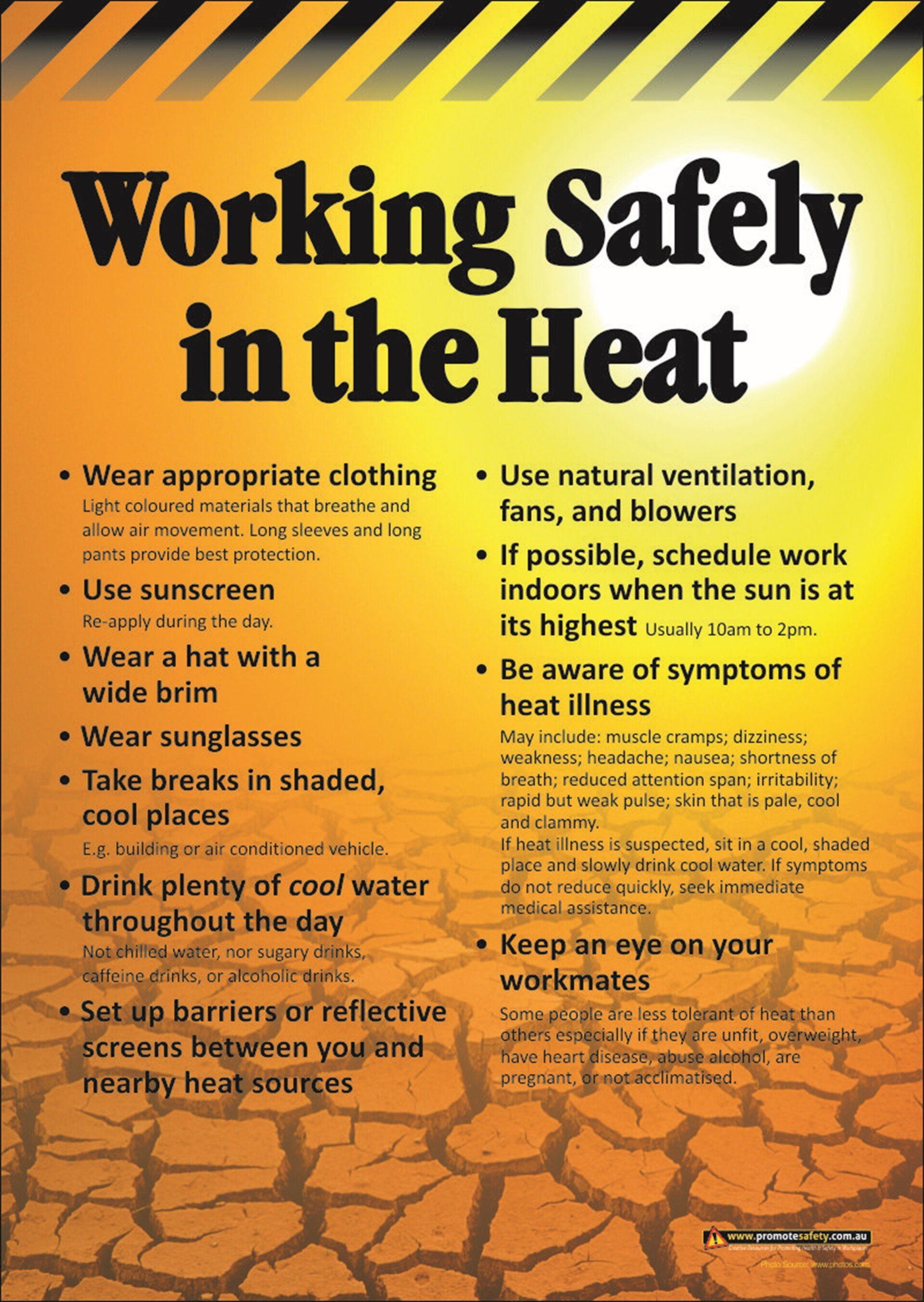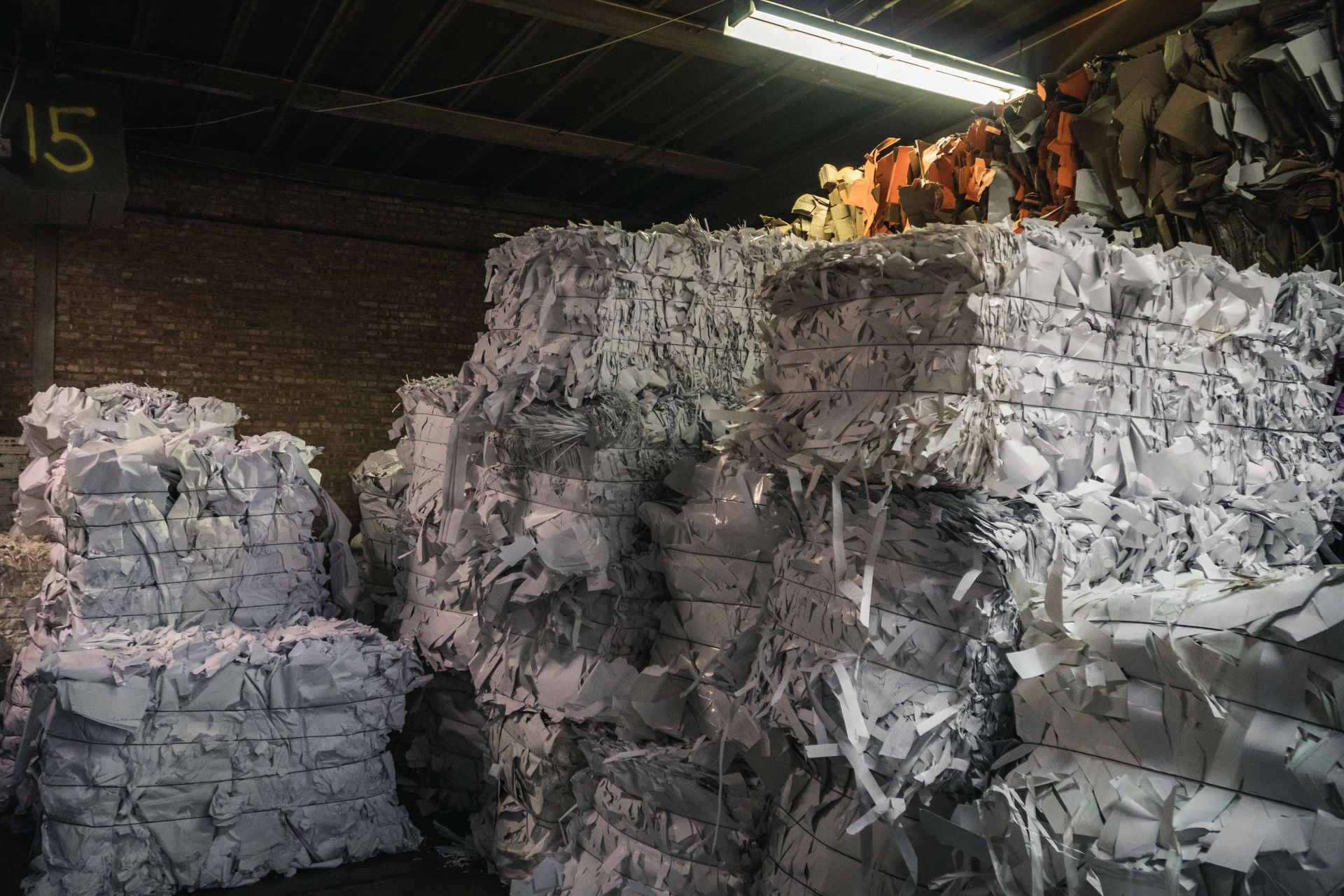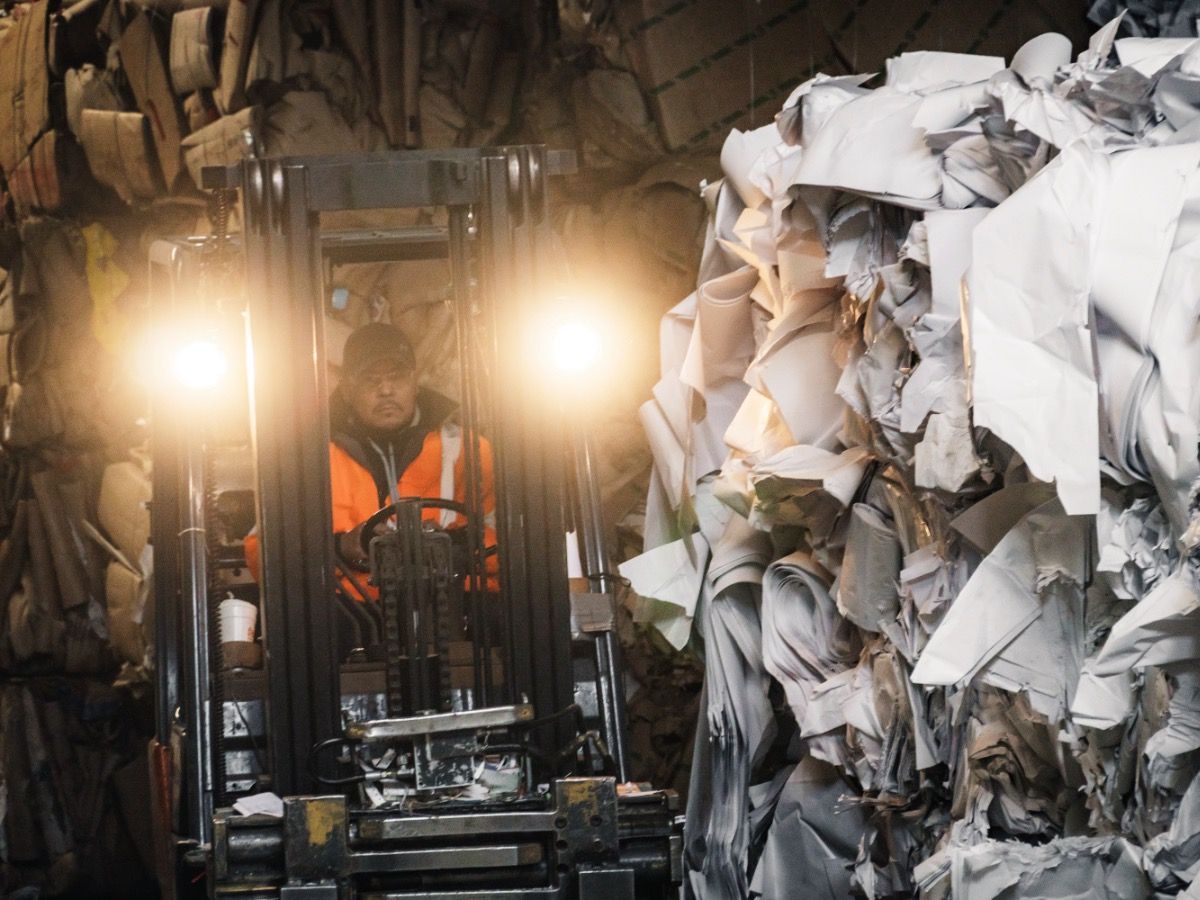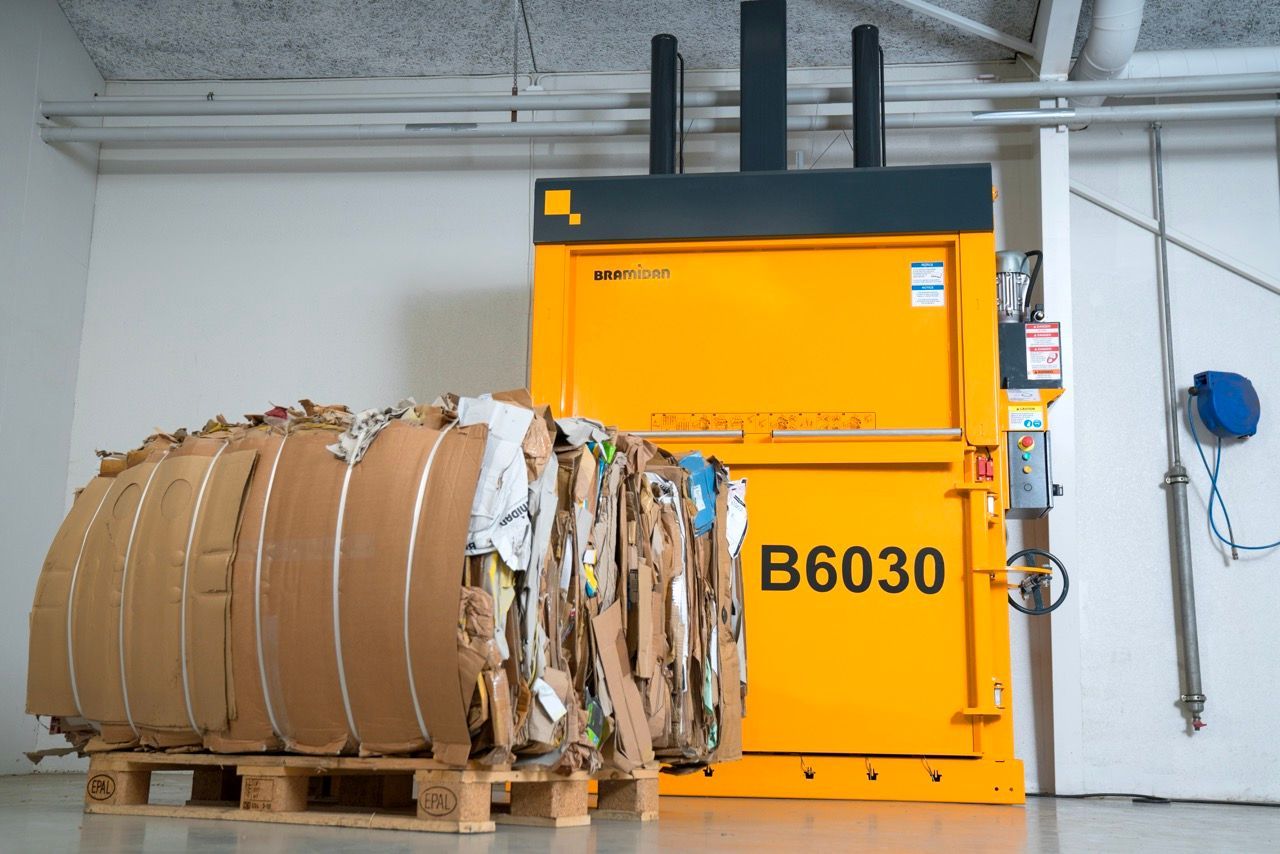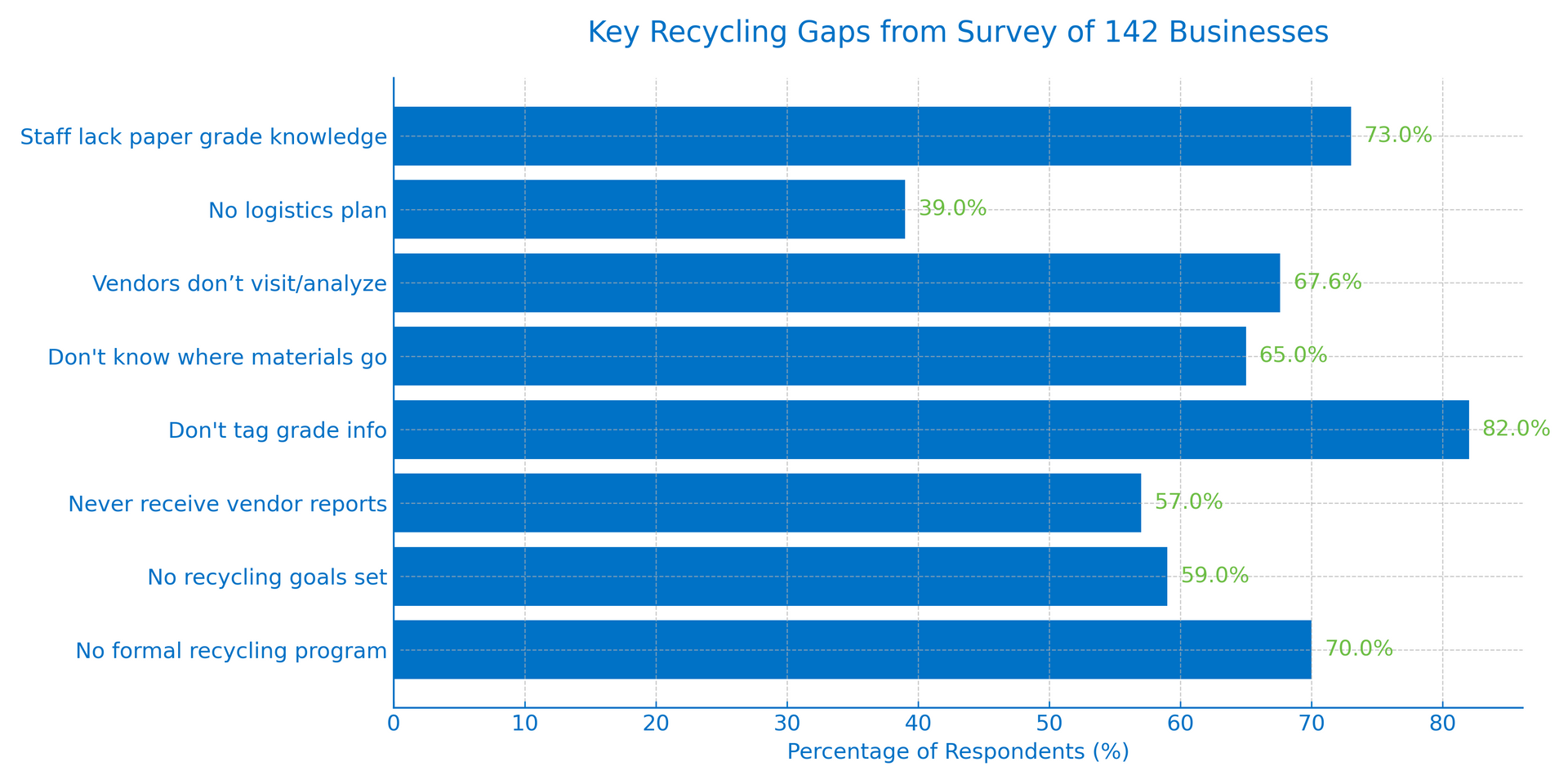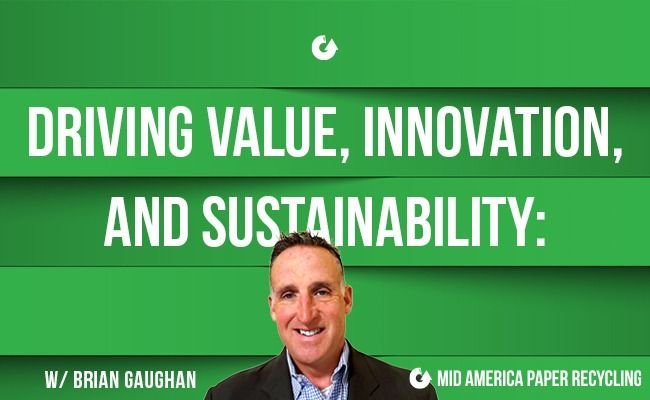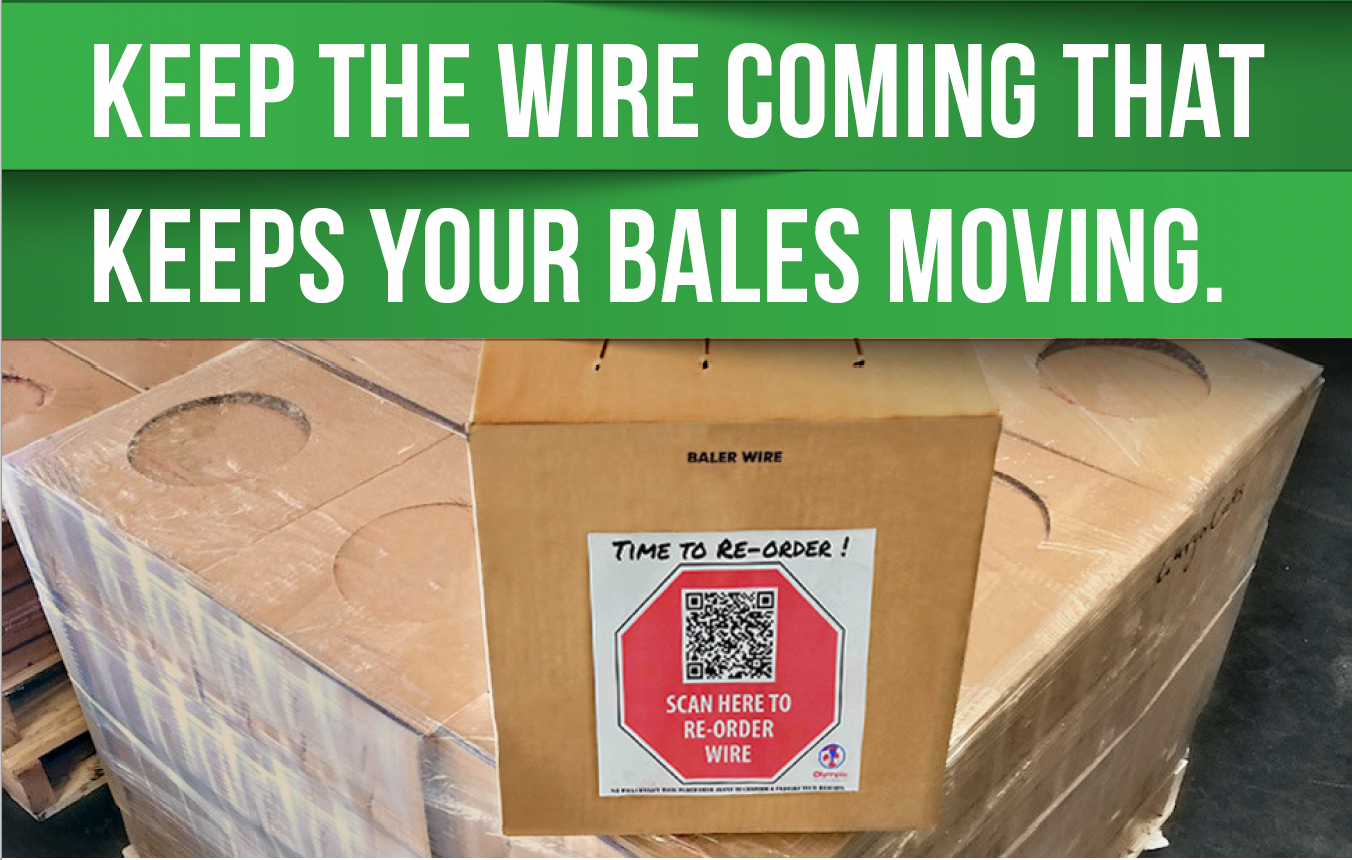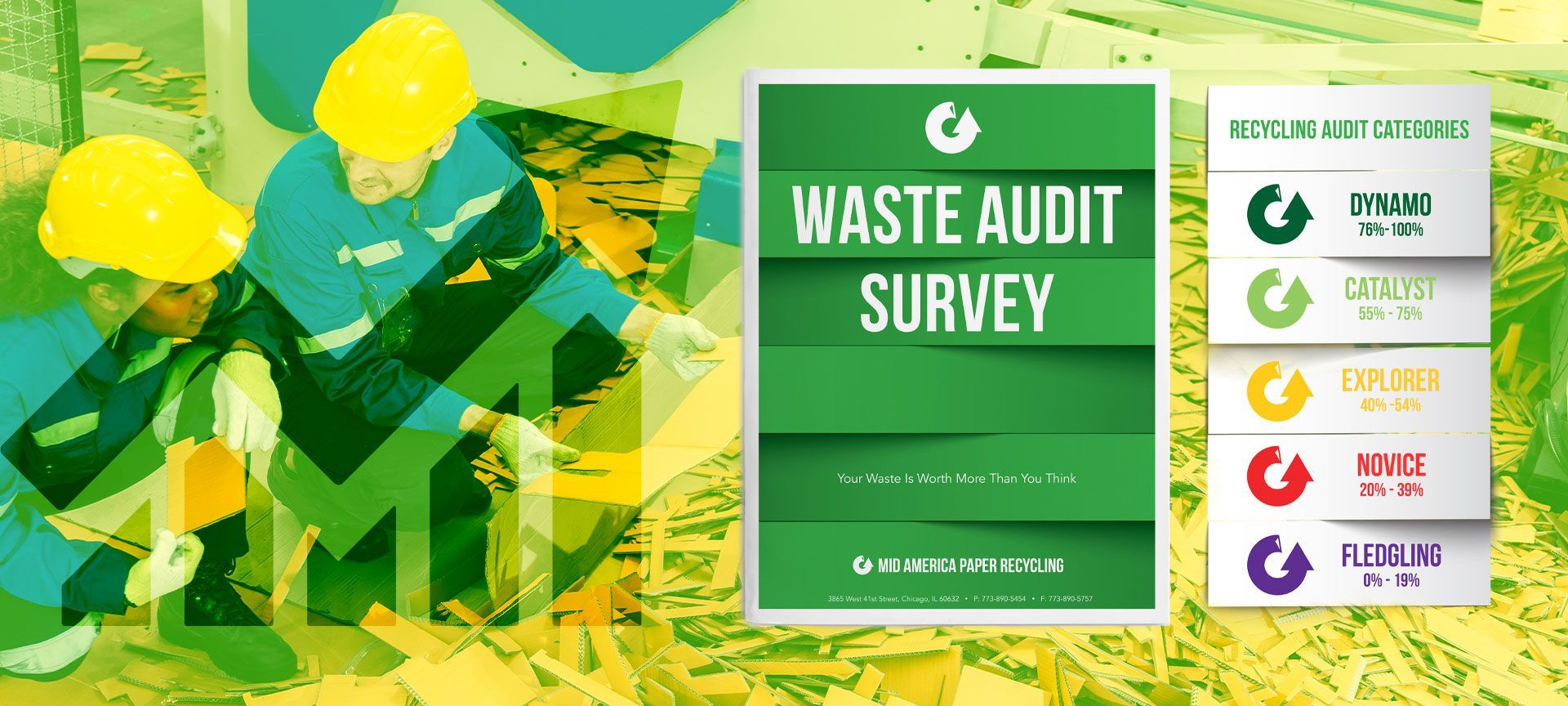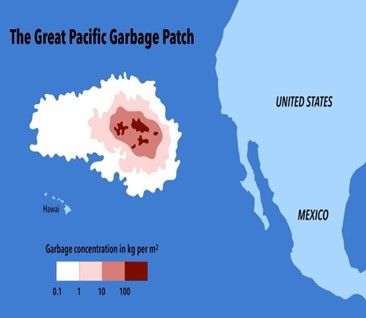February 2, 2025
For printing and packaging firms, floor space is a critical resource directly tied to productivity, safety, and profitability. Operating under typically tight profit margins, these companies cannot afford inefficiencies that hinder operations or add unnecessary costs. Yet, in many facilities, valuable floor space is wasted on scrap and trim waste from the paperboard manufacturing and converting process. Gaylords of loose material waiting to be processed and bales awaiting pickup can create bottlenecks, disrupt workflows, and eat into already slim margins. At Mid America Paper Recycling, we provide timely solutions to help manufacturers reclaim their floor space and protect their bottom line. Here’s how: The Hidden Costs of Wasted Floor Space Inefficient use of floor space doesn’t just limit operational effectiveness—it carries significant financial and operational consequences. Here’s what’s at stake: High Real Estate Costs : Manufacturing and warehouse space is expensive. According to Prologis, the annual cost for warehouse space averages $13.20 per square foot , including base rent and operating expenses. A facility dedicating 1,000 square feet to waste storage could incur $13,200 annually in avoidable costs. Safety Risks and Workplace Injuries : Cluttered floors with bins of loose material and stacked bales create hazards that increase the risk of workplace injuries. The National Safety Council reports that the average cost of a medically consulted workplace injury exceeds $40,000 , factoring in productivity losses, medical bills, and administrative expenses. Missed Revenue Opportunities : Every square foot dedicated to waste is a square foot unavailable for revenue-generating activities. For example, a production machine occupying 1,000 square feet could generate $100,000 to $500,000 annually in additional revenue. Increased Labor Costs : Managing waste on the plant floor is time-consuming. Employees spend hours moving, organizing, and handling waste instead of focusing on higher-value tasks. At an average wage of $20 per hour , one additional hour spent daily on waste management can cost a company $5,000 annually per employee . How Mid America Paper Recycling Reclaims Space Reclaiming floor space starts with understanding a facility’s unique challenges. Through our waste audit services , we identify inefficiencies in waste management handling practices in your plant facilities and provide customized solutions to optimize space utilization. Trailer Spotting: A Game-Changer for Floor Space One of the most effective strategies we offer printers and board converters is trailer spotting. Instead of storing waste on the plant floor, a dedicated trailer is stationed on-site to accumulate scrap and trim waste, and then rotated back to our recycling facility for materials processing. Maximizes Plant Space : By removing bales and scrap from the floor at key intervals, plants can free up hundreds or even thousands of square feet for production or finished goods storage. Improves Safety : Clear, clutter-free floors reduce the risk of accidents and ensure smoother workflows. Cuts Handling Costs : Employees spend less time managing waste, which translates to significant labor savings. Streamlines Operations : Trailers simplify the waste management process, ensuring efficient material handling and faster pickups. Faster Financial Return on Recyclables : By consolidating and efficiently managing scrap materials in a trailer, recyclables can be transported directly to mills more frequently. This reduces delays, accelerates payments, and ensures more consistent cash flow tied to a recycling program. For example, one large printing client reduced their reliance on floor space for bales by 50% , enabling them to install additional equipment and increase production capacity. Execution in Action At Mid America Paper Recycling, we deliver results through precise execution of recycling programs. Our Chicago-based facility processes 51 different paper grades using advanced baling systems and a fleet of 125 trailers in our logistics network. By leveraging our infrastructure and consulting expertise, we help customers reclaim floor space, reduce costs, and maximize profitability year after year. Partner with Mid America to Reclaim Your Space For any packaging manufacturer, the value of floor space cannot be overstated. Don’t let waste take up space that could be driving your business forward. Let Mid America Paper Recycling help you optimize your operations, starting with a free waste audit to discover how we can help you unlock the hidden value in your facility.

